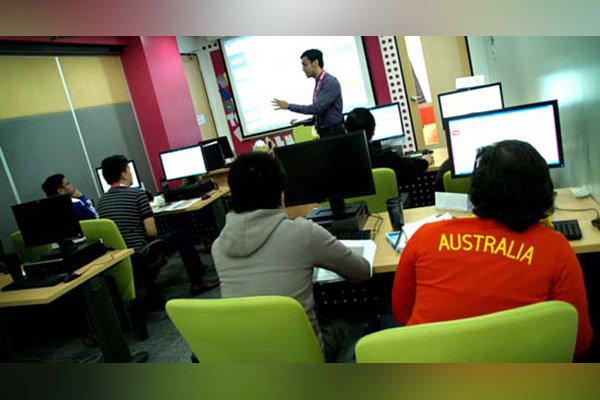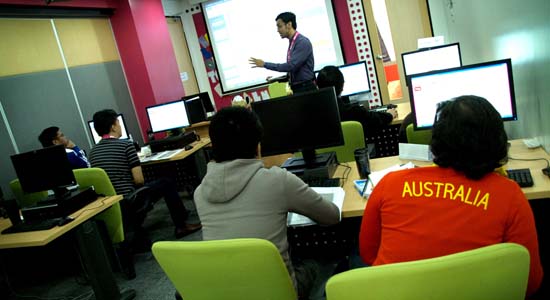DICT, industry plan to boost countryside IT jobs

Date:
April 19, 2017
DAVAO CITY — The Department of Information and Communications Technology (DICT) is seeking to implement an “impact sourcing” strategy to bring more infotech employment opportunities to the countryside.
“Impact sourcing is outsourcing that benefits socioeconomically disadvantaged individuals in low employment areas,” Contact Center Association of the Philippines (CCAP) Chairman of the Board Benedict C. Hernandez said during Wednesday’s opening of the two-day First Philippine Impact Sourcing Conference here.
Mr. Hernandez, also the Service Delivery Operations Lead of Accenture, Inc., said impact sourcing looks beyond the common sources of supply for traditional outsourcing services. It is inspired by the story of Rural Shores’ social enterprise initiative in India that focused on creating employment in the technology sector to underprivileged youth in remote villages.
Rural Shores is a business process outsourcing (BPO) company in India founded in 2008. It now has 17 centers in 10 states with 2,500 employees.
“The impact sourcing concept takes BPO operations in rural and untapped areas so people don’t need to leave their communities to go to the big cities and take advantage of BPO opportunities,” he said. “We are trying to replicate this concept in the Philippines to provide more opportunities in the countryside,” he added.
Accenture Philippines launched in 2014 its Rural BPO initiative where it partnered with the Visayan Knowledge Process Outsourcing (VKPO) in Tanjay, Negros Oriental. VKPO has since expanded to other areas and grown from a manpower of only 40 to 300 and is now accredited by the Philippine Economic Zone Authority.
For two years now, he said, Accenture has been funding 200 scholars every year who are being trained in ICT. They are targeting senior high schools who do not have the means to proceed but who are willing to undergo industry-specific training.
“We have 70-80% employability after three weeks of training,” he said.
DICT Secretary Rodolfo A. Salalima, for his part, said at the forum that the government must do its part by bringing “communications technology to the people.”
“Government should bring communications technology to the people and to do this, there must be a shift from the old paradigm where people from the countryside have to go to the cities to learn technology and telecommunications,” he said.
Republic Act 10844, which created DICT, declares it to be the policy of the state to “recognize the vital role of information and communication in nation-building; ensure the provision of strategic, reliable, cost-efficient and citizen-centric information and communications technology (ICT) infrastructure… and ensure the availability and accessibility of ICT services in areas not adequately served by the private sector.”
“We are trying to fulfill DICT’s mandate by trying to wean BPOs away from Manila and bringing them to the countryside,” Mr. Salalima said.
Th DICT chief also said that one of the primary objectives of the Association of Southeast Asian Nations’ 2015 masterplan is the institutionalization of ICT and telecommunications as an engine of growth for the member countries.
Source: https://goo.gl/xp2pzv







